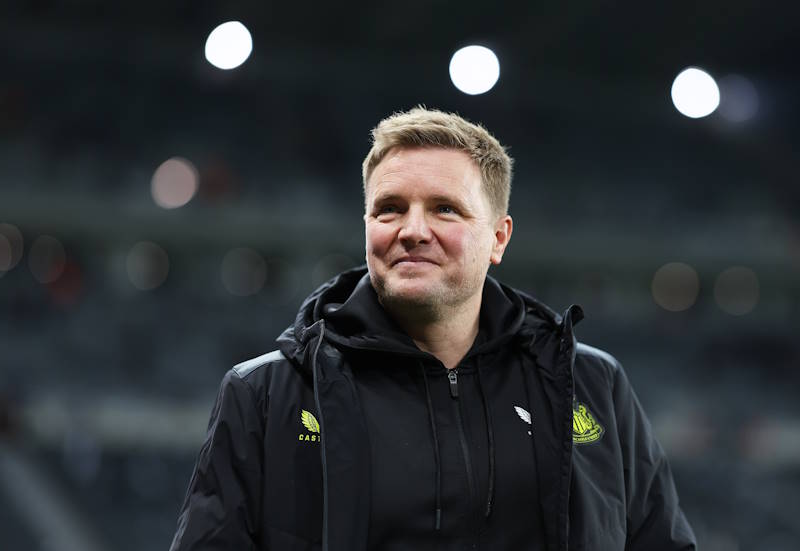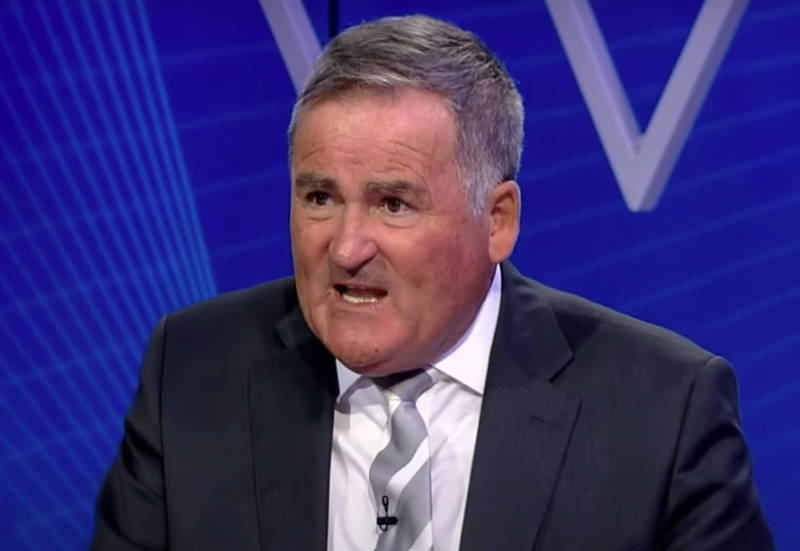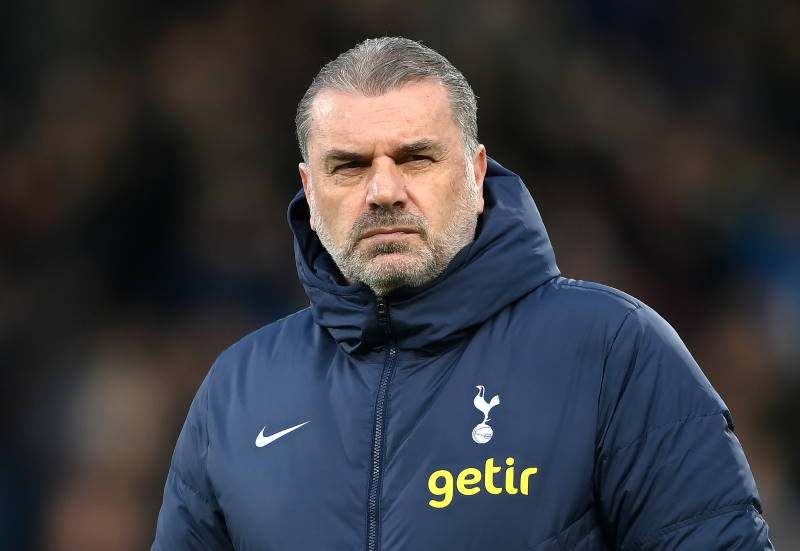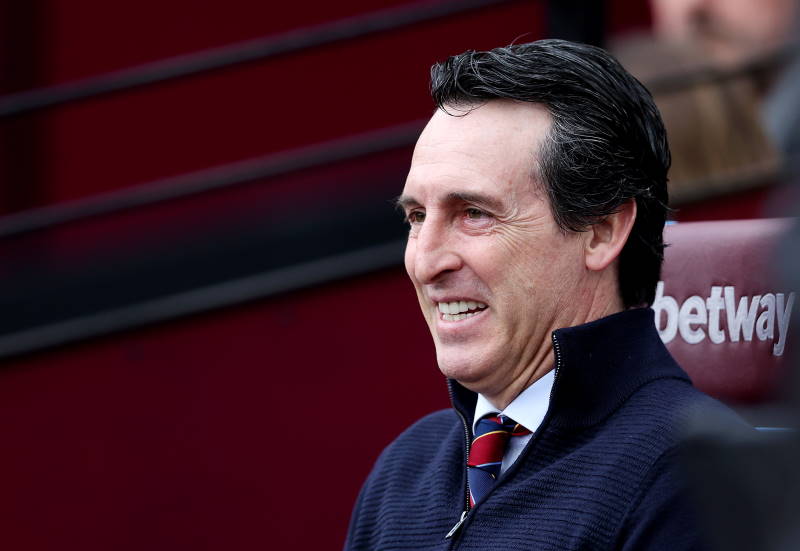
7th January 2011 marks the first day of the AFC Asian Cup, and when hosts Qatar take to the pitch against Uzbekistan for the opening game there will be much interest in what is to follow. An intriguing cup competition, the fact that Qatar will be hosting a World Cup in just 12 years time will certainly raise its profile. His Highness Sheikh Hamad Bin Khalifa Al Thani will oversee the tournament in his tiny country, although this is nothing new, the first Asian Cup was held in Hong Kong in 1956.
In 2007, at the last cup, Iraq were surprise winners, topping their group above Australia and then beating co-hosts Vietnam and South Korea to make it to the final. There they met a powerful Saudi Arabian side that had knocked out Japan to make it to the Gelora Bung Karno Stadium in Jakarta. Iraq’s 1-0 victory there, thanks to a winner from Younis Mahmoud in the second half, was somewhat sullied as a combination of over exuberant gun-toting celebrations and deliberate car bombings meant a high death toll as Iraqis celebrated.
For this, the 15th edition of the tournament, six teams received byes straight to the finals; Iraq, Saudi Arabia, South Korea, India, North Korea and Qatar, these being, respectively, the top three teams from the previous competition, the winners of the 2008 and 2010 AFC Challenge Cups and the hosts. For the rest a qualification process kicked off with the lowest ranked teams in Asia playing off, Lebanon getting past the Maldives in this instance, before five groups of four teams, produced five winners and five runners-up to leave 16 teams ready for the 2011 Asian Cup.
Qatar, being a small country, will host most matches in the capital Doha, with six group matches played in Al-Rayyan. Four groups of four teams will see the top two from each group progress to the quarter-finals and knockout stages. Preliminary 50-man squads were trimmed to 23 on 28th December and with India and China alone representing over a third of the world’s population, international interest will be high. Japan, China, Australia, South Korea and Saudi Arabia will all feel that they are in with a chance of success, but Iraq’s victory last time out shows a surprise team could easily upset the odds.
Group A
 Qatar – FIFA Ranking: 114
Qatar – FIFA Ranking: 114
Qatar are the hosts and will be looking to sneak through their group with strong home support. A recent friendly against Iran saw them hold on for a 0-0 draw, but they must find goals to make an impact in the Asian Cup. A relatively weak group might be enough to see Qatar progress, however coach Bruno Metsu will know the pressure is on and should know how to tune his players to deal with it. The Frenchman was in charge when Senegal pulled off a shock 1-0 win over France at the 2002 World Cup and a recent victory over Egypt will give hope, even if a warm-up loss to North Korea is ominous.
Key Man: Yusef Ahmed, Striker, Al Saad. The captain of Qatar will be playing on home turf and want to impress, but is entering the tournament with a wrist injury. With former AFC Player of the Year Khalfan Ibrahim, he will need to supply the goals to help Qatar get beyond the group stages.
Chances: Should escape the group, but the quarter-final round will likely be their last.
 Kuwait – FIFA Ranking: 102
Kuwait – FIFA Ranking: 102
Kuwait qualified for this tournament by winning the Gulf Cup 1-0 against Saudi Arabia and whilst it took until extra time to get the result, it was their tenth victory in that competition. They have avoided defeat in their last 10 matches, including a memorable 9-1 lesson dished out to fellow cup hopefuls India, and are a developing football nation. Their Serbian coach, Goran Tufegdzic, describes this as a golden era for Kuwaiti football, but a good showing here will be needed to make that boast ring true.
Key Man: Nawaf Al-Khalidi, Goalkeeper, Qadsia SC. There is nothing wrong with having a goalkeeper who can save a team’s bacon and lead from the back. The Kuwaiti goalkeeper and captain also has big-match experience, having made it to the final of the AFC Cup in 2010, his team losing out on penalties.
Chances: A good win against the hosts might see them through, but more likely is an honourable third in the group.
 China PR – FIFA Ranking: 87
China PR – FIFA Ranking: 87
The enigma of the Chinese team is how so many people, with such a strong focus on sport, can produce such an average football team. It appears though the People’s Republic have decided to turn over a new leaf and have sent their youngest ever squad to this competition, evidently building for the future. Significantly too, all but one of the China squad play in the country’s domestic league. Qualifying, however, will have failed to prepare them for the task ahead. Finishing second in their group, but well ahead of third placed Vietnam, China could still only manage a draw against Syria. Kuwait, Qatar and Uzbekistan will be providing a similar standard of opponent, and it remains to be seen if this young team will rise to the challenge.
Key Man: Yang Xu, Forward, Liaoning Hongyun. Yang Xu is looking in good form going into the Asian Cup with his coach Gao Hongbo picking him out for praise after China’s recent victory over Estonia.
Chances: Should top this group, but a likely quarter-final match with Saudi Arabia or Japan makes further progress unlikely.
 Uzbekistan – FIFA Ranking: 109
Uzbekistan – FIFA Ranking: 109
A former Soviet block country, Uzbekistan have emerged onto the football scene with some respectable performances in this competition, although their qualifying campaign made reaching Qatar both a foregone conclusion and harder work than was necessary: they finished second behind the United Arab Emirates in just a three-team group. A relatively new manager too should be no cause for concern as this is a very experienced team with just a few new faces. A recent 1-1 draw with Bahrain will not worry Uzbekistan too much, as long as they turn up fit and ready for the competition’s opener.
Key Man: Maksim Shatskikh, Striker, Arsenal Kyiv. A former Asian Player of the Year finalist whilst playing for Dynamo Kyiv, Shatskikh is the Uzbek’s all-time top scorer and with the 2008 Asian Player of the Year Server Djeparov just behind him, should be good for goals.
Chances: Possible dark horse outsiders, could well surprise on their day against any in their group, but after a year of underperforming Uzbekistan will have to really get it together at the last minute.
Group B
 Saudi Arabia – FIFA Ranking: 81
Saudi Arabia – FIFA Ranking: 81
The Saudis are very comfortable in this competition. Vivid images of the Middle East giants being thrashed 8-0 by Germany at the 2002 World Cup hides the fact they had come second in this tournament just two years earlier: put simply Saudi Arabia are one of the bigger fishes in this pond, having also won the Asian Cup three times. A victory over Bahrain in their final warm-up match should confirm they are ready to go for coach Jose Peserio, although lingering concerns over scoring goals remains. With the whole squad drawn from just a few teams in the Saudi League, gelling should not be an issue.
Key Man: Yasser Al-Qahtani, Striker, Al-Hilal FC. Captain of the team, Al-Qahtani is a goal machine for the Falcons, gaining the nickname ‘The Sniper’ in the process. A former Asian Player of the Year, he will need some ammunition however.
Chances: Should get through the group easily, but will need to start scoring consistently to get any further.
 Japan – FIFA Ranking: 29
Japan – FIFA Ranking: 29
The second highest ranked team in the Asian Cup, Japan, like Saudi Arabia, have won this competition three times before and will be hoping to lift the trophy on a record fourth occasion. With Alberto Zaccheroni leading the Blue Samurai they should be challenging in the last four with ease, however the former AC Milan coach may have to counter a cautious instinct, especially given the side’s goalscoring concerns. Visa problems meant the coach has only led Japan through two matches, with one of them a historic 1-0 win against Argentina. A strong squad blessed with youth, experience and a number of players from the top leagues throughout Europe, Japan’s only real weakness is up front where the talent pool runs a little thin.
Key Man: Shinji Kagawa, Midfielder, Borussia Dortmund. For a meteoric rise to the heights look no further than Shinji Kagawa who signed for Borussia Dortmund in August for just €350,000, and has been a revelation with eight goals in 16 starts from midfield, even earning the habitual move-to-Real-Madrid rumours that come with success. So inspiring has been his play that he leaves his club top at the winter break. However, the Japanese star has yet to find such form for the national team – perhaps this is his chance.
Chances: There is no good reason why Japan shouldn’t win this competition beyond bad luck or implosion.
 Jordan – FIFA Ranking: 104
Jordan – FIFA Ranking: 104
Jordan are certainly not one of this competition’s glamour clubs, but in this group they could still just sneak through. With a focus on promoting youth, coach Adnan Hamad has been forthright in his ambition stating that his line-up contains “players that would not only serve at the upcoming Asian Cup, but World Cup Qualifiers and beyond.” This risk, of course, could go either way, with young guns impressing with their verve or appearing hopelessly out of their depth on the pitch. The influence of their more experienced heads will prove decisive, but just gaining experience will be seen as a good return.
Key Man: Hatem Aqel, Defender, Al Raed. The captain holds over 70 caps and will be a reliable mainstay in the heart of the defence. Given their group, his form will be vital.
Chances: Jordan could squeak through their group, but they will need a lot of luck, and young players to stand up and be counted. More likely is a battling exit.
![]() Syria – FIFA Ranking: 107
Syria – FIFA Ranking: 107
The likely whipping boys of this group, Syria have never progressed beyond the first round of the Asian Cup and drawn with Saudi Arabia and Japan no doubt expect to be going home sooner rather than later. However, this is a team that topped their qualifying group, edging out China in the process and conceding just two goals. On the negative side though, shortly before Christmas, coach Ratomir Dujokic reportedly stopped returning calls to the Syrian FA after just a few months in charge and was promptly dismissed, replaced by Tita Valeriou who most recently led Syrian side Al Ittihad to the AFC Cup. His impact is anyone’s guess.
Key Man: With coaches for 2010 now standing at four, Tita’s influence will be the key to Syria’s performance. His familiarity with the country’s culture should suffice, but two weeks is surely not enough time to make and drill a team.
Chances: Unlikely to qualify from the group or even win a game.
Click here to read the second part of our Asian Cup Preview >>













